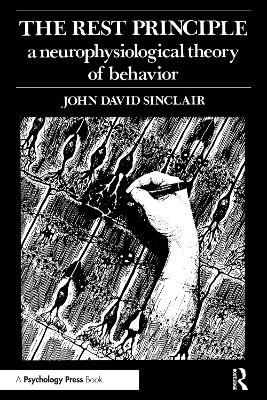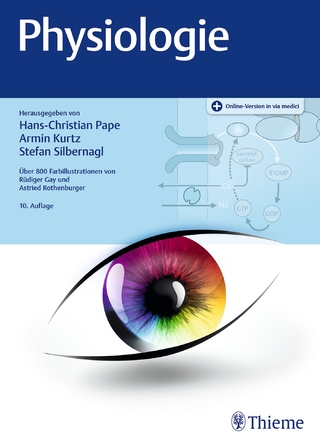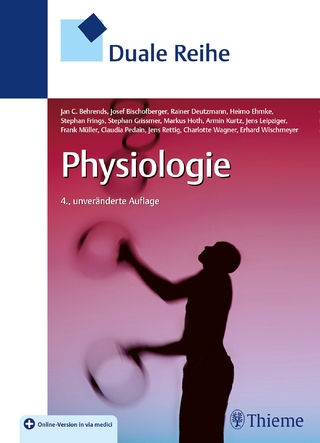
The Rest Principle
A Neurophysiological Theory of Behavior
Seiten
1982
Lawrence Erlbaum Associates Inc (Verlag)
978-0-89859-065-4 (ISBN)
Lawrence Erlbaum Associates Inc (Verlag)
978-0-89859-065-4 (ISBN)
First published in 1982. The human brain is the most complex object on Earth that can be studied scientifically: a collection of over 100 billion neurons squeezed into a space about the size of a grapefruit, which somehow is able to control all that you feel, do, and know. There still is little understanding of the most important and interesting functions of the brain, such as what really happens up there when you learn something, when you are thinking, or when you are feeling happy. In this book the author attempts to organize nearly the entire field of psychology within a single new theory, based upon only one very simple assumption about neuronal functioning.
John David Sinclair Research Laboratories of the State Alcohol Monopoly (Alko) Helsinki, Finland
Chapter 1 Introduction; Chapter 2 Simulations of the Use Principleand Rest Principlewith Neutral Stimuli; Chapter 3 Learning to Eat; Chapter 4 Classical Conditioning; Chapter 5 Lateral Inhibition; Chapter 6 Physiological Evidence Backing the Rest Principle; Chapter 7 Instrumental Learning I: Drive and Stimulus Reduction; Chapter 8 Instrumental Learning II: Stimulation Seeking, Optimal Levels, and Pleasure; Chapter 9 Brain Structures and Neuronal Organizations; Chapter 10 Sleep, Arousal, and Attention;
| Erscheint lt. Verlag | 12.4.1982 |
|---|---|
| Verlagsort | Mahwah |
| Sprache | englisch |
| Maße | 152 x 229 mm |
| Gewicht | 498 g |
| Themenwelt | Studium ► 1. Studienabschnitt (Vorklinik) ► Physiologie |
| ISBN-10 | 0-89859-065-5 / 0898590655 |
| ISBN-13 | 978-0-89859-065-4 / 9780898590654 |
| Zustand | Neuware |
| Haben Sie eine Frage zum Produkt? |
Mehr entdecken
aus dem Bereich
aus dem Bereich


